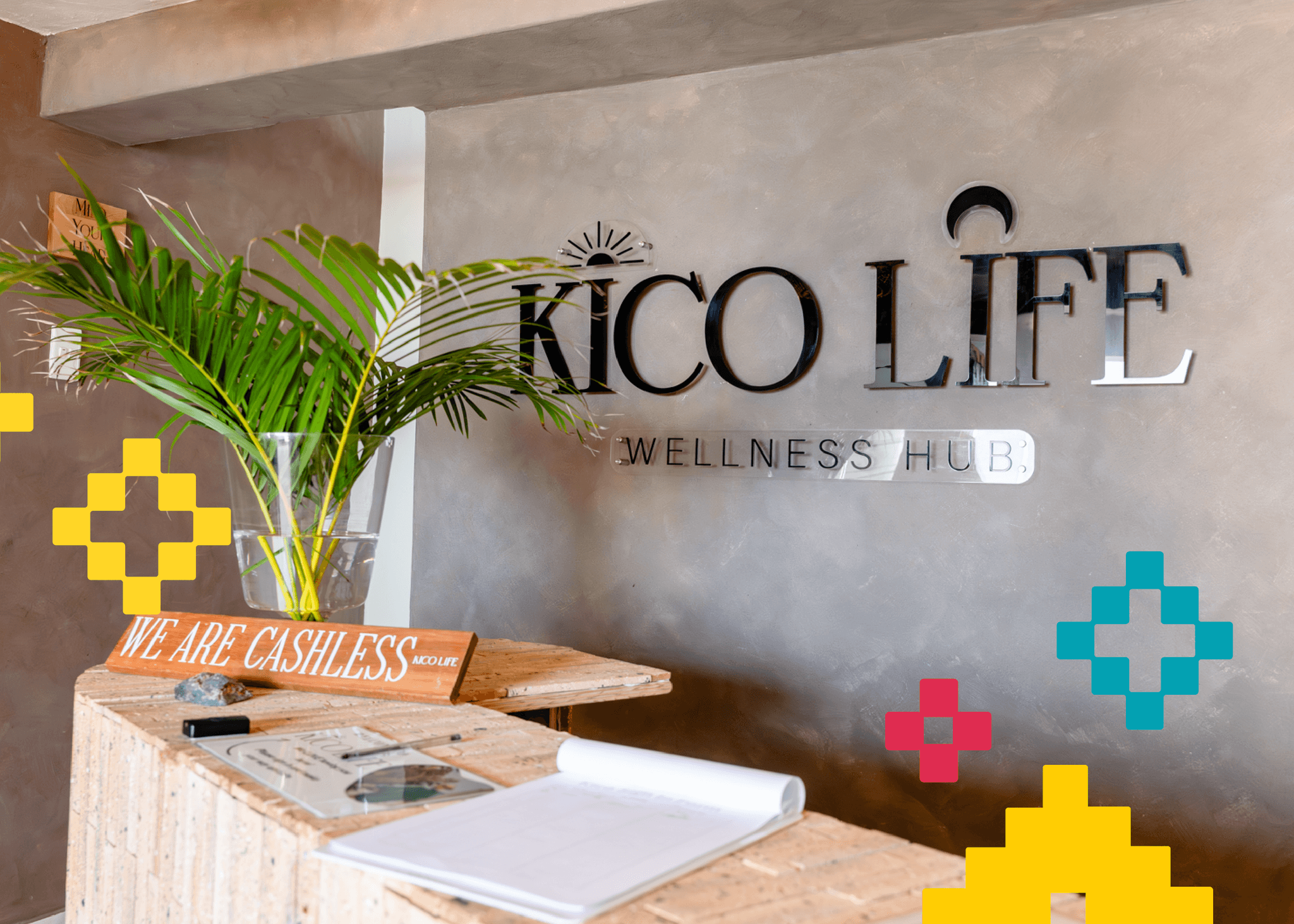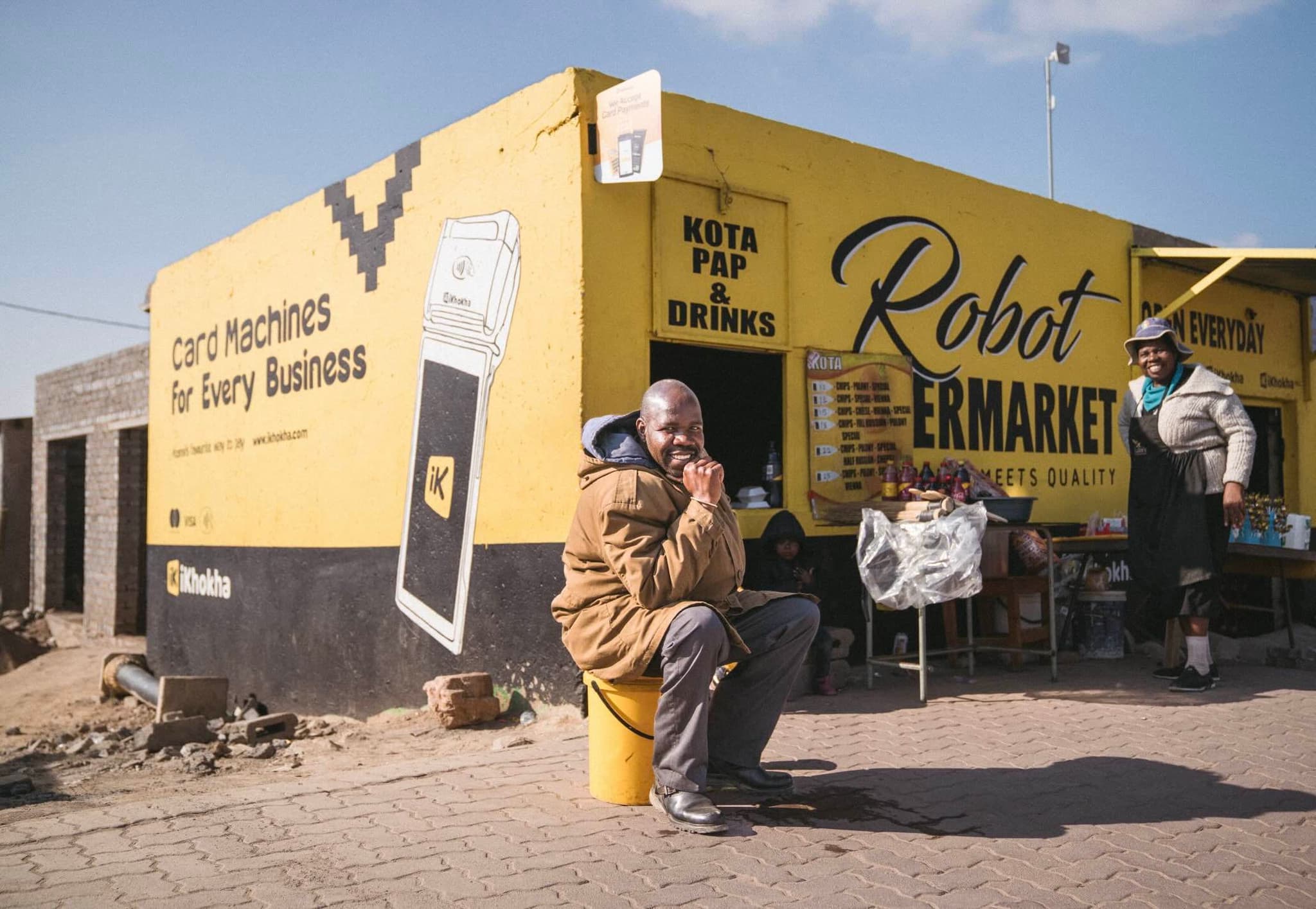
How to Register a Business in South Africa: Your Step-by-Step Guide
So, things are getting serious in your plan to start a business. Here’s how to register a business in South Africa and make things official.
You’ve already started building your hustle. Maybe it’s a spaza shop, an online store, or a weekend gig that’s starting to take off. Now comes the next big step: making it official. Registering your business in South Africa isn’t just about ticking boxes on the CIPC website. It’s about opening doors to customers who trust you more, to funders who take you seriously and to opportunities that only come once you’re recognised as a real business.
So, here’s the thing: going official gives your hustle weight. That certificate says, this is no fly-by-night. It shows you’re in it for the long haul. And once you’ve got it, you’ll find that more people are willing to work with you, from suppliers who’ll give you better terms to corporates who’ll consider you for contracts.
This guide will walk you through the essentials: the different types of companies, what registration costs, and the smart next steps once your paperwork comes through. If you’re looking for the nitty-gritty detail, don’t stress, we’ll point you to our other guides along the way.
Already thinking about the specifics?
- Not sure what’s required? Read What is Required to Register a Company in South Africa.
- Keeping it small for now? Check out How to Register as a Sole Proprietor.
- Want the step-by-step breakdown? Visit Where to Register a Company in South Africa.
Why registering your business is a smart move
Most businesses in South Africa start small. It might be a spaza shop down the road, a weekend stall at the taxi rank, or an online hustle selling on Facebook Marketplace. That’s how many successful companies get going. But at some point, you’ll reach a stage where going official makes sense.
Registering your business isn’t about creating more admin for yourself. It’s about giving your hustle a stronger foundation. The moment you’re registered, you gain credibility. Customers see you as legit. Suppliers trust you more. And big corporates? They often won’t even look at your proposal if you don’t have that CIPC certificate.
Here’s another big one: funding. Banks and investors almost never back informal businesses. They want to know you’re serious and that your company is a legal entity. With registration, you suddenly have access to loans, government programmes, and even supplier accounts that let you buy in bulk. That can be the difference between staying small and scaling up.
And let’s not forget protection. Thanks to the Companies Act, your company becomes its own legal entity. This generally limits personal liability, meaning your personal assets aren’t automatically at risk if the business runs into trouble. It gives you peace of mind to take risks, knowing your personal life isn’t on the line.
Which company type fits your business best?
Before you hit “register” on the CIPC website, you’ll need to choose what type of company you want to run. This choice might feel technical, but it’s really about finding the setup that matches your goals.
For most entrepreneurs, the go-to is a Private Company (Pty Ltd). It’s the most flexible option, it protects your personal assets, and it comes with less red tape than other structures. If you’re running a small to medium business, whether that’s a local salon, a delivery service, or a growing e-commerce brand, this is usually the best fit.
If your business is about social good rather than profit, you’ll want to look at a Non-Profit Company (NPC). These are set up for charities, NGOs, or community projects, where the mission is impact over income.
There’s also the Public Company (Ltd), which is the structure used by large businesses that want to trade shares on the stock exchange. For most startups and side hustles, this won’t be relevant just yet.
Finally, you’ve got the Personal Liability Company (Inc.). This is popular among professionals like lawyers, doctors, or accountants. The difference here is that directors take personal responsibility for the business’s debts, which is why it’s less common among entrepreneurs.
At the end of the day, most South African startups choose a Private Company (Pty Ltd). It gives you credibility, keeps things simple, and protects you as the owner.
What does it cost and how do you register?
One of the first questions most hustlers ask is: so how much is this going to cost me? The answer is, not much. Registering a business in South Africa is surprisingly affordable. On the CIPC website, fees start at R125 if you’re happy to use your company number as your identity. If you’d like to reserve and register a unique business name, the cost goes up to around R475 at the time of writing. That’s a once-off fee, which makes it pretty accessible no matter what stage you’re at.
The registration process itself is done online. You’ll create a CIPC account, choose your company type, and submit a few supporting documents like your ID. If everything’s in order, you could have your certificate in your inbox within 1 to 3 working days. Quick, right?
Now, we’re not going to drown you in the admin steps here. We’ve already covered the details in dedicated guides:
- If you want to know exactly what documents are needed, check out What is Required to Register a Company in South Africa.
- If you’re after the step-by-step breakdown, see Where to Register a Company in South Africa.
Think of this blog as your overview. When you’re ready to dive into the nitty-gritty, those guides have your back.
You’re registered! Here’s what comes next
Getting that CIPC certificate in your inbox feels good, it’s the moment your hustle becomes official. But don’t pop the champagne just yet. There are a few things you’ll want to sort out before you can really get moving.
The first step is opening a business bank account. Most banks, whether it’s FNB, Standard Bank, Capitec, or Nedbank, will ask for your registration documents, proof of address and your ID. Having a separate account for your business is a game-changer. It keeps your personal and business money apart, which makes cash flow clearer and tax season less of a headache.
Next up is tax registration. Every registered company needs an income tax number from SARS. Luckily, this can be done online through eFiling. Getting this sorted early shows you’re serious and keeps you in good standing when you apply for tenders or funding down the line.
Finally, put some basic systems in place to track your finances. At the start, a simple spreadsheet might do the trick. As you grow, moving to proper accounting software will give you better visibility into your sales, expenses, and overall cash flow.
Once those basics are in place, you’re not just registered, you’re ready to trade, apply for contracts, and grow your hustle with confidence.
Why registering helps you grow
Here’s the real value of making your business official: it opens doors you can’t walk through as an informal hustler.
The first is funding. Banks, investors, and even government programmes want to see that you’re registered before they’ll even consider your application. A CIPC certificate tells them you’re serious, organised, and worth backing. Without it, your options for getting capital are very limited.
Then there are tenders and contracts. Big corporates and municipalities usually make registration a non-negotiable requirement. If you dream of supplying a supermarket chain, bidding for a government tender, or partnering with an established brand, registration is your entry ticket.
And don’t underestimate the role it plays with suppliers. Having an official company makes it easier to get bulk discounts, negotiate better deals, or qualify for trade credit. That can give your cash flow some breathing room and boost your profit margins.
So yes, registration is about credibility today. But it’s also about future-proofing your business. It gives you a seat at the table, whether that’s with funders, corporates, or suppliers, and that’s how small hustles grow into thriving businesses.
Take the next step with your business
Learning how to register a business in South Africa isn’t just about ticking a box. It’s about showing the world you’re serious about your hustle. With that CIPC certificate in hand, you’ve got credibility, protection, and access to the kinds of opportunities that can move your business forward, from supplier deals to bank funding to government tenders.
But registration is only the beginning. To keep growing, you need the right tools to help you trade, get paid, and scale. That’s where iKhokha steps in.
- Want to get paid faster? Use iK Pay Link to send secure payment requests in seconds.
- Ready to accept card payments anywhere? The iK Flyer Lite puts a portable card machine in your pocket.
- Thinking of going digital? Launch your own online store in minutes with iK Webstore.
- Need cash to fuel your growth? iK Cash Advance gives you quick, hassle-free business funding.
- Want your money on your terms? The iK Debit Card makes payouts faster and easier.
Your registration makes your business real. iKhokha gives you the tools to grow it. Take the next step with confidence, your hustle deserves it.





















